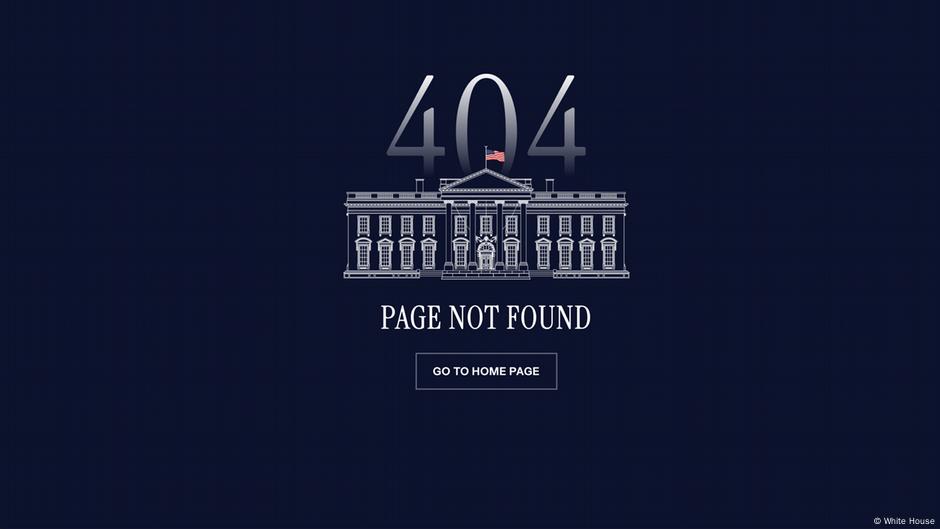
The Impermanence of the Internet: Recovering and Preserving Online Content
The internet, often perceived as a permanent repository of information, is surprisingly ephemeral. Links break, websites disappear, and online content is routinely altered or deleted. This constant flux presents challenges for researchers, historians, and anyone seeking to verify information or hold individuals and institutions accountable. Fortunately, tools and techniques exist to recover deleted content and preserve online posts, ensuring that valuable information remains accessible.
Why Content Disappears
There are numerous reasons why online content vanishes. Simple errors, such as a misspelled URL, can lead to a "404 Not Found" error. More often, however, content is intentionally removed or moved, rendering links obsolete. This can occur for various reasons, including:
- Website Redesigns: Websites undergo redesigns, and older pages may be archived or deleted in the process.
- Content Updates: Information on websites is constantly updated, and older versions may be overwritten or removed.
- Legal or Reputational Concerns: Organizations or individuals may remove content that is inaccurate, outdated, or could potentially lead to legal issues or damage their reputation.
- Censorship: Governments or other entities may censor or restrict access to online content for political or social reasons.
The Importance of Digital Archiving
Given the transient nature of the internet, digital archiving has become increasingly critical. Archiving involves creating "snapshots" of websites or social media posts, capturing their appearance and content at a specific moment in time. These archives serve several important purposes:
- Preservation of History: Archiving helps preserve historical records, allowing researchers and future generations to access information about past events, trends, and cultural phenomena.
- Accountability and Transparency: Archived content can be used to hold individuals and institutions accountable for their statements and actions, even if they later attempt to retract or alter them.
- Verification of Information: Archives provide a means of verifying information and combating misinformation by allowing users to compare current content with past versions.
- Academic and Legal Research: Scholars and legal professionals rely on archives to access stable and reliable sources for their research.
Tools for Web Archiving
Several tools are available for archiving web content, each with its own strengths and weaknesses:
- The Wayback Machine: Operated by the non-profit Internet Archive, the Wayback Machine is the most comprehensive and widely used web archive. It began crawling the web in 1996 and has captured billions of webpages. Users can search by URL or keywords to view how a site looked on specific dates.
- Pros: Extensive archive, free to use.
- Cons: Can be inaccessible at times, keyword searches can be challenging.
- Archive.today: This user-driven tool allows users to save web pages, capturing dynamic content such as social media posts. It saves functional links and is known for its speed and ease of use.
- Pros: Fast, easy to use, free.
- Cons: Relies on user initiative, smaller archive than the Wayback Machine.
- Perma.cc: Developed by the Library Innovation Lab at Harvard University, Perma.cc is designed to combat link rot, particularly in academic and legal contexts. It ensures that archived websites remain interactive, with clickable links.
- Pros: Reliable for scholarly use.
- Cons: Free access is limited to organizations affiliated with academic institutions and courts.
- Ghostarchive: This tool specializes in archiving videos and dynamic content, which are often challenging for other archiving tools. It has a high success rate with video content.
- Pros: High success rate with video content.
- Cons: Not always reliable.
Limitations of Web Archiving
While web archiving is a valuable tool, it is not without its limitations. Archiving all online content is technically impossible, and some content is more likely to be archived than others. Popular sites are typically scraped more regularly than smaller or less well-known sites. Some sites actively block archiving tools using settings like robots.txt, while others may not be linked from anywhere, making them invisible to crawlers. Technical issues, such as connection errors or data limits, can also prevent successful archiving. Furthermore, legal pressures and concerns about copyright infringement may hinder archiving efforts.
Navigating the Challenges of a Dynamic Web
Despite these limitations, web archiving remains an essential tool for preserving information, promoting accountability, and understanding the evolution of the internet. By utilizing the available archiving tools and being aware of their limitations, individuals and organizations can play a vital role in ensuring that valuable online content is not lost to time. The saying "The internet never forgets!" is becoming more of a reality, as people can now easily find older versions of websites or even deleted websites in the internet archives.


No comments:
Post a Comment